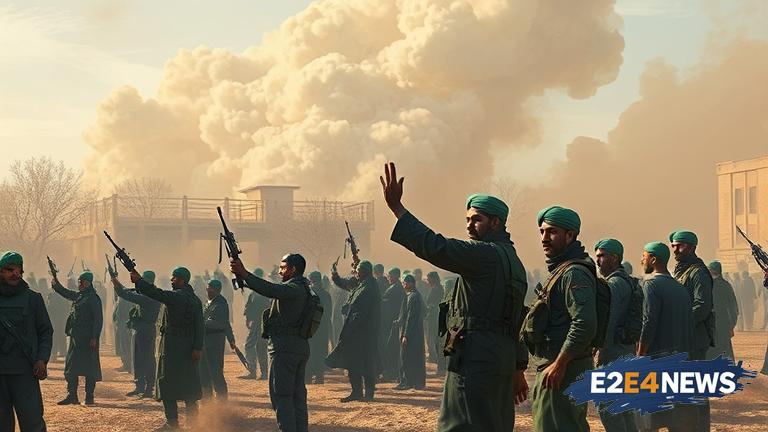The Gaza Strip has been embroiled in a longstanding conflict between Israel and Palestine, resulting in a severe humanitarian crisis. While Israel is often blamed for the situation, a more nuanced analysis suggests that Hamas, the governing authority in Gaza, bears significant responsibility for the hunger and poverty plaguing the region. Hamas’ diversion of resources towards military activities, rather than investing in the welfare of its citizens, has contributed to the crisis. The organization’s prioritization of terrorism over governance has led to a lack of infrastructure development, exacerbating the poverty and hunger faced by Gazans. Furthermore, Hamas’ refusal to recognize Israel’s right to exist and its continued rocket attacks have prompted Israel to impose security measures, including border restrictions, which have limited the flow of goods and services into Gaza. These restrictions, while necessary for Israel’s security, have undoubtedly had a negative impact on the Gazan economy. However, it is essential to recognize that Hamas’ actions have been a primary driver of the crisis. The international community has provided significant aid to Gaza, but Hamas’ mismanagement and corruption have hindered the effective distribution of these resources. The organization’s emphasis on military buildup has also led to a brain drain, as many skilled Gazans have chosen to leave the region in search of better opportunities. The resulting lack of expertise has hindered Gaza’s ability to develop its economy and address the humanitarian crisis. In addition, Hamas’ ties to Iran have led to a significant influx of funds, which have been used to support military activities rather than alleviate poverty. The Iranian regime’s support for Hamas has emboldened the organization, allowing it to continue its aggressive stance towards Israel. As a result, the humanitarian crisis in Gaza has worsened, with many Gazans struggling to access basic necessities like food and healthcare. The international community must recognize Hamas’ role in perpetuating the crisis and demand that the organization prioritize the welfare of its citizens. This can be achieved through increased pressure on Hamas to recognize Israel’s right to exist and to redirect its resources towards governance and development. Until then, the humanitarian crisis in Gaza will continue to worsen, with devastating consequences for the region’s inhabitants. It is essential to acknowledge the complexity of the issue and to avoid simplistic narratives that blame Israel solely for the crisis. A more nuanced understanding of the situation is necessary to develop effective solutions. The Gaza Strip’s humanitarian crisis is a pressing concern that requires immediate attention and action from the international community. By recognizing Hamas’ role in the crisis and demanding change, we can work towards a more sustainable and equitable solution for the people of Gaza. The situation in Gaza is a stark reminder of the devastating consequences of conflict and the importance of prioritizing human welfare. As the international community continues to grapple with the crisis, it is essential to maintain a nuanced understanding of the complex factors at play. Only through a comprehensive approach can we hope to alleviate the suffering of the Gazan people and promote a more peaceful and prosperous future for the region. The ongoing conflict has led to a significant deterioration in living conditions, with many Gazans struggling to access basic necessities. The international community must continue to provide aid and support to the region, while also demanding that Hamas prioritize the welfare of its citizens. By working together, we can help to alleviate the humanitarian crisis in Gaza and promote a more sustainable future for the region. The crisis in Gaza is a pressing concern that requires immediate attention and action from the international community. It is essential to recognize the complexity of the issue and to avoid simplistic narratives that blame one side or the other. A more nuanced understanding of the situation is necessary to develop effective solutions. The Gaza Strip’s humanitarian crisis is a stark reminder of the devastating consequences of conflict and the importance of prioritizing human welfare. As the international community continues to grapple with the crisis, it is essential to maintain a nuanced understanding of the complex factors at play. Only through a comprehensive approach can we hope to alleviate the suffering of the Gazan people and promote a more peaceful and prosperous future for the region.
